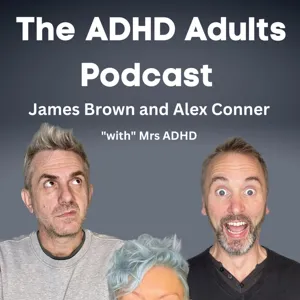Compartmentalization is like a home electrical panel that separates power into different zones. It allows us to separate the charge carried by ideas, feelings, and actions without risking system overload. Compartmentalization lets us express concern about climate change yet fly overseas for a family vacation or care about animal rights and ignore factory farming. Such incompatible values and incongruent reasoning usually bypass the zone wired for emotional activation, allowing many daily activities and attitudes to operate smoothly. At the other end of the spectrum, compartmentalization can become denial, hypocrisy, or pathology, as when someone professing religious dedication engages in immoral or illegal practices. Our psychic wiring operates automatically much of the time in the interest of waking life governance, protecting us from the circuitry overload of indecision, doubt, and disorder. We also have the capacity to reflect on our values and activities, bringing them to consciousness and choice.
Here’s the dream we analyzed:
“I am seeing this scene from the sky. There is a city in a desert. This city looks like a Mihrab or a prayer rug. It is like a niche, and it has a circle in its center. In my dream, at the top of this niche, there is a hidden or a secret door. Only some can go through this door, which opens to an exclusive world/chambers. I see a Monk in black robes going through the city and through this door. Then I hear, “the name of this city is Minoo.”
[In all of the ancient world, including South Asia, when they spoke of “City,” they meant Minoo. Cities in dreams are also Minoo, an old Farsi word that means the heavens or realm of spirit. Mihrabs in ancient Persia were the birthplace of the Sun. They were caves where the goddess Anahita, the great water deity, gave birth to her son Mithra. Anahita was the original virgin mother, some scholars believe. These Mihrabs were often caves with water running through them and were temples of worship of Mithra and his mother.]
REFERENCES:
Carl Jung. Memories, Dreams, Reflections. https://www.amazon.com/dp/B004FYZK52/ref=cm_sw_em_r_mt_dp_RP4X5WF6HJTZXKNS280D
Mihrab: https://en.wikipedia.org/wiki/Mihrab
GIVE US A HAND!
Please become our patron: https://www.patreon.com/ThisJungianLife
RESOURCES:
Learn to Analyze your own Dreams: https://thisjungianlife.com/enroll/
Enroll in a Jungian Seminar and start your journey to becoming an analyst: https://www.cgjungphiladelphia.org/seminar.shtml

![UFO Files: Interview with Chris Wiley [Patreon Preview]](https://www.podcastworld.io/podcast-images/otherworld-4sxuv351.webp)






